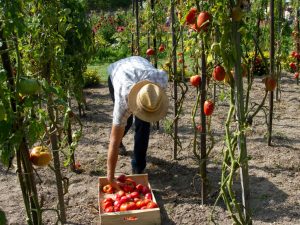Unilever is strengthening its commitment to sustainable farming by adopting regenerative agriculture across its supply chain, aiming to implement these practices on one million hectares by 2030. Recognizing that agriculture significantly contributes to global environmental challenges, including greenhouse gas emissions and water usage, Unilever seeks to transform farming methods to enhance soil health, reduce emissions, and boost climate resilience. Since launching its Regenerative Agriculture Principles in 2021, the company has collaborated with farmers and suppliers to implement strategies like cover cropping, crop rotation, reduced tillage, and the use of natural fertilizers. Currently, 25 regenerative agriculture projects covering 350,000 hectares are underway in various regions, such as the U.S., Europe, and Latin America.
Unilever's efforts include partnerships with regional experts to empower farmers through customized plans, tools, and educational resources. Successes so far include reducing nitrate pollution in Iowa's soy farms and cutting greenhouse gas emissions by a third for tomato cultivation in Spain. The company also advocates for supportive national and international policies, emphasizing the need for systemic change across the agricultural sector. By fostering collaboration within the supply chain and with policymakers, Unilever aims to accelerate the adoption of regenerative practices, ensuring a more resilient and sustainable food system globally.

























